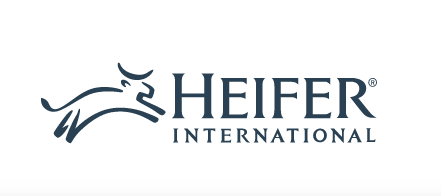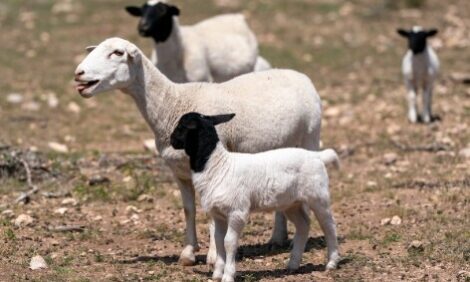



Kamala makes a living with mulberry as cattle forage in Nepal
Aprosperous relationship between a farmer and their livestock is one of shared vitality.Healthy animals require routine care and wholesome feed. And resilient families require productive animals, their yields a direct link to nutrition and income more often than not.
“Animal health and human health are interconnected,” said Kamala Poudel, a dairy producer and member of Bihani Dairy Cooperative, a Heifer-supported women’s cooperative in Nepal. “[A] healthy animal also means nutritious animal-source food.”
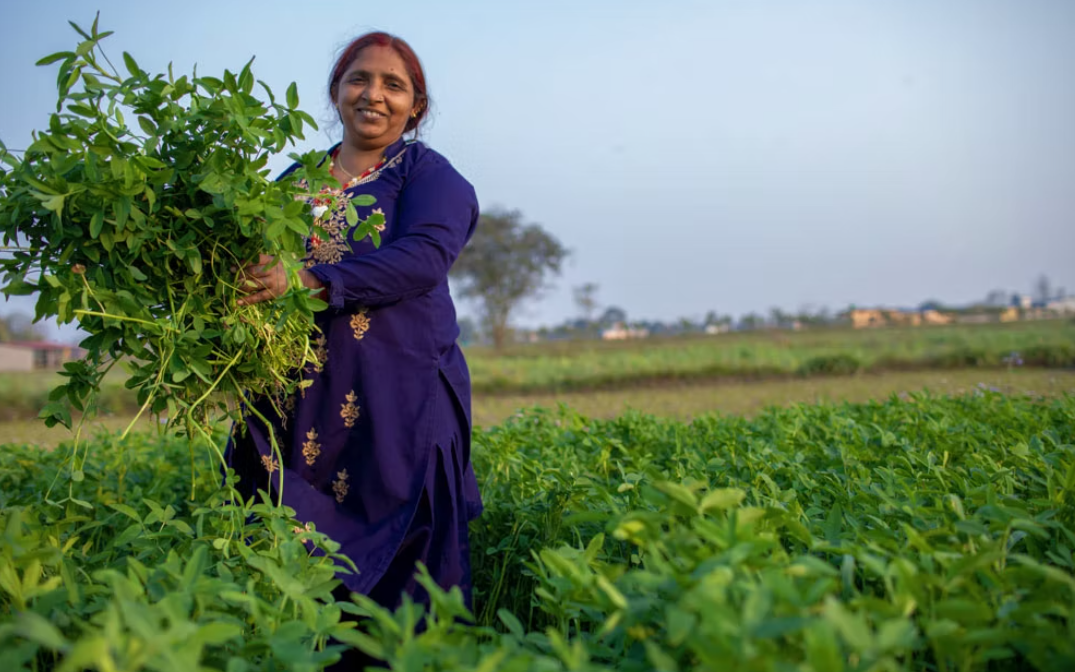
In Kamala’s dairy farming community in Kapilvastu, Nepal, where people have historically been limited to subsistence production, inadequate nutrition and little opportunity for enterprise, high quality cattle feed directly translates to more productivity, greater profits and better human health.
As a community agrovet entrepreneur, Kamala helps other dairy producers in the area treat and care for their livestock. Now, with the support of Heifer and her women’s cooperative, she’s launched a mulberry fodder business to take her enterprise one step further.
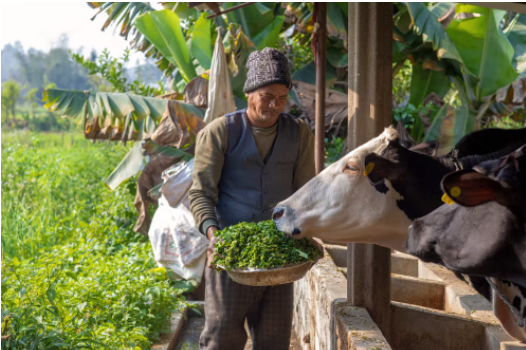
With improved fodder, the animals produce more milk for the family to drink and sell for income. Photo by Narendra Shrestha/Heifer International.
“We have planted more than 100,000 saplings this year and hope to sell it in greater profits than the previous years,” Kamala said, referring to the thriving mulberry nursery she looks after with her husband.
Mulberry is not only an excellent source of nutrition for livestock, but a great and often under-appreciated source of income for smallholder farmers. With a high market demand and short supply, families like Kamala’s have been able to cash in on the opportunity and make significant profits.
Kamala and her husband bought each mulberry cutting at 2 Nepalese rupees, or about 2 cents, and can sell each resulting sapling at six times that, after nurturing them for just six months. They are using Heifer’s network of cooperatives to sell across the country, and the local government's Department of Livestock Services has already purchased more than 22,000 saplings from them.
“Farmers are beginning to understand the benefits of this nutritious fodder,” Kamala said.
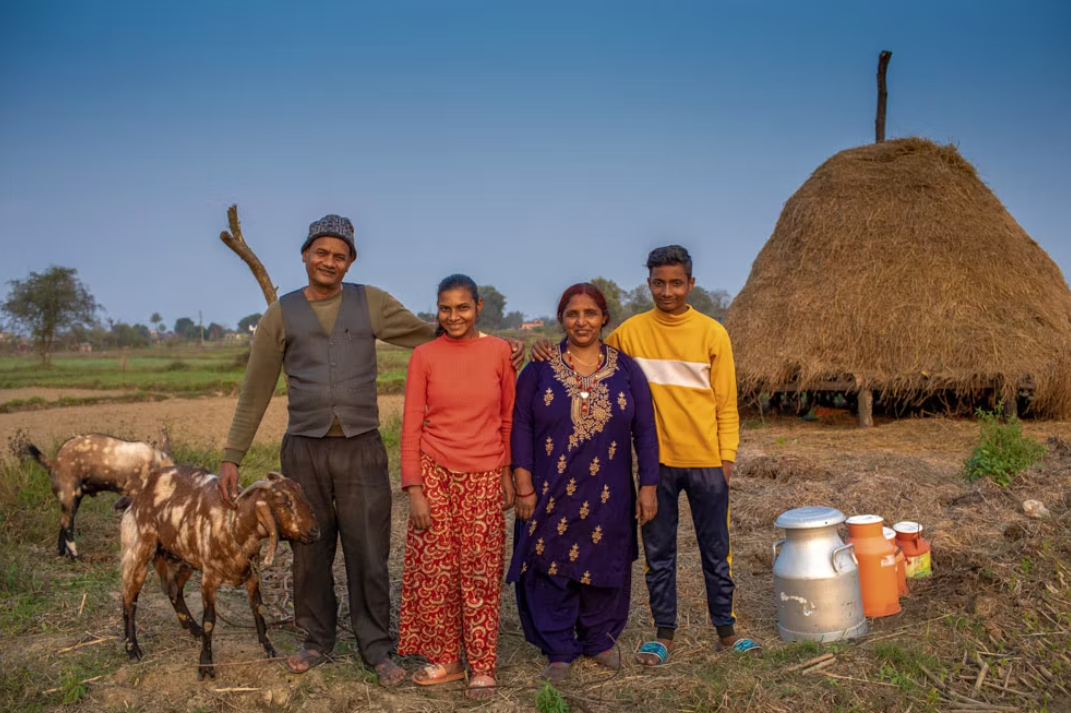
And her own livestock — five cows, three heifers and two buffaloes — are doing well, too.
“Previously each buffalo would yield only 1-2 liters of milk [per] day,” she shared, “but with improved practices and nutritious fodder, this has increased to 8 liters [per] day.” The manure from the animals is also rightly utilized as fertilizer for the kitchen garden, producing nutritious vegetables for the family.
“Today I have my own shop and a large network of farmers who rely on me for quality veterinary services,” Kamala boasts.
Already the multiple income sources from her small homestead dairy and fodder businesses have increased their living standard, and with a Heifer-facilitated loan from a local bank, Machhapuchre Bank Limited, Kamala has plans to expand both enterprises.
But her achievements don’t stop there.
“I can afford quality education for my children,” Kamala said, reflecting on the healthy, thriving farm she’s built that has offered the same results for her family. “This is my biggest investment.”

